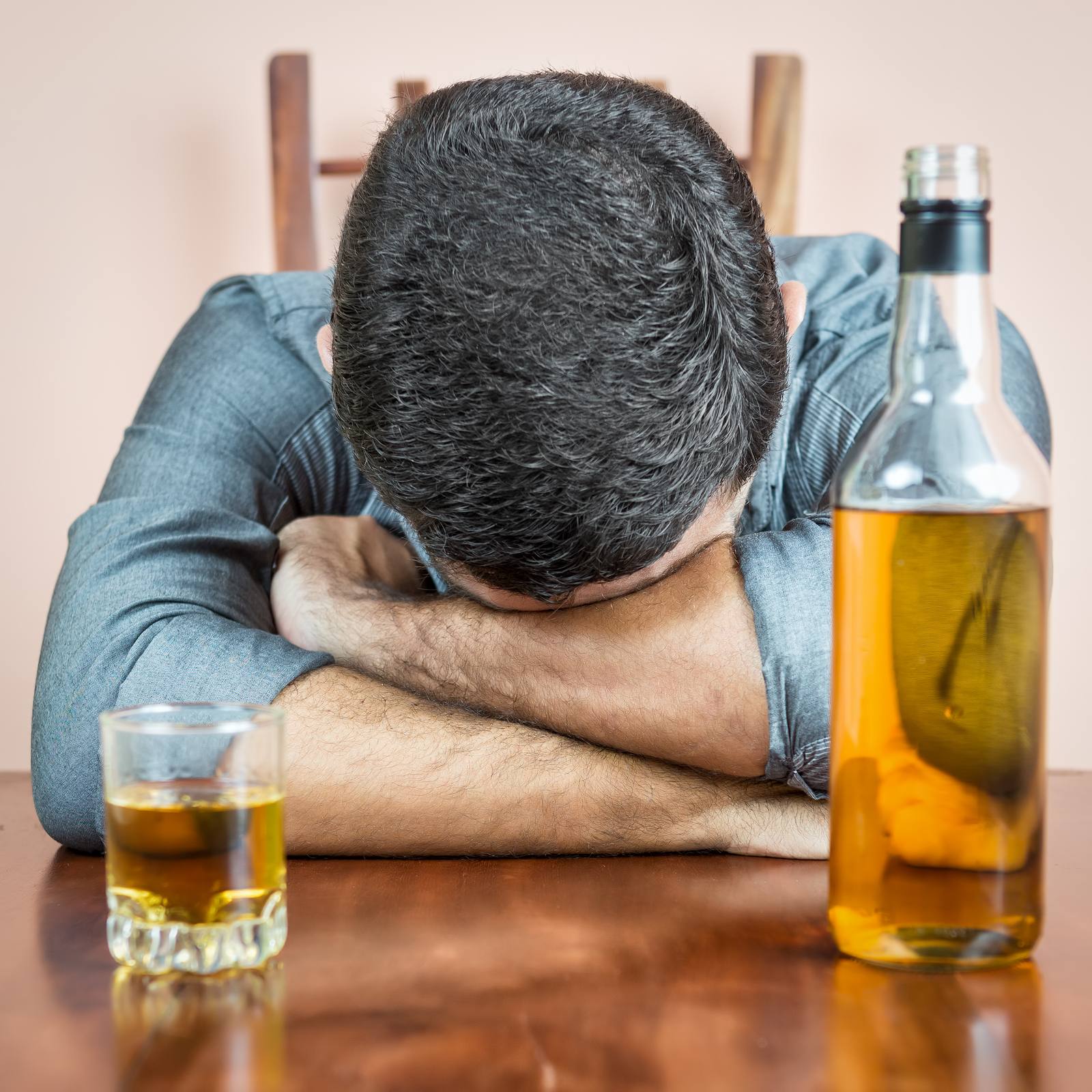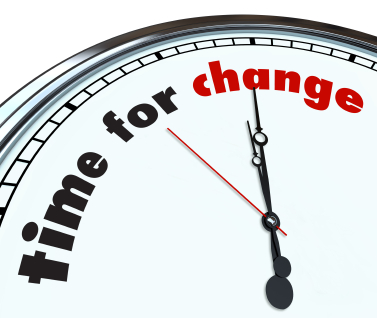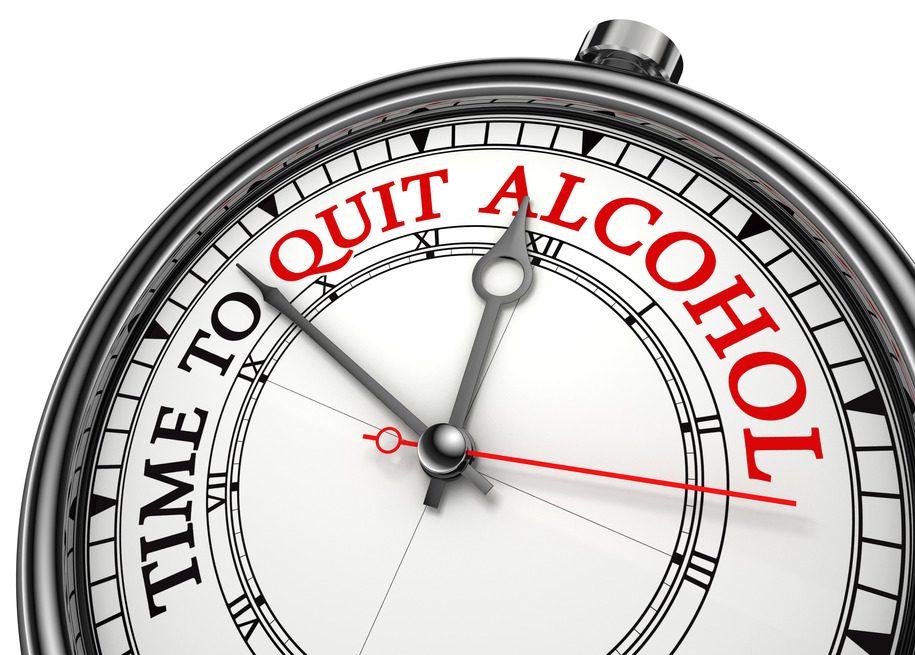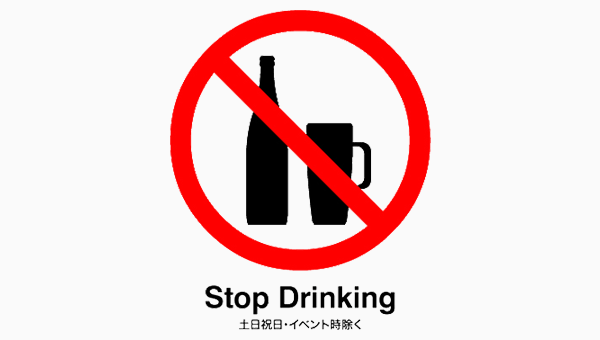Obstructing alcoholism treatment

Obstructing alcoholism treatment is very much prevalent with all addicts in denial
Obstructing alcoholism treatment: Drinking problems and denial
Denial is one of the biggest problems many faces when making effort in seeking help for alcohol abuse and alcoholism. The desire to drink is so strong that the mind finds many ways to rationalize drinking, even when the consequences are obvious, a fact which is seriously obstructing alcoholism treatment greatly. Because of this fact, each time users make an attempt of seeking for help, they are blinded from looking honestly at their behaviors and the subsequent negative effects. Professionally doctor Dalal Akoury MD, President, and founder of AWAREmed health and wellness resource center say that denial also exacerbates alcohol-related problems with work, finances, and relationships problems which if not addressed, can lead to catastrophic problems in one’s lifetime. And be keen in taking note that, if you have a drinking problem, you may deny it by:
- Drastically underestimating how much you drink
- Downplaying the negative consequences of your drinking
- Complaining that family and friends are exaggerating the problem
- Blaming your drinking or drinking-related problems on others
For example, you may blame an ‘unfair boss’ for trouble at work or a ‘nagging wife’ for your marital issues, rather than look at how your drinking is contributing to the problem. While work, relationship and financial stresses happen to everyone, an overall pattern of deterioration and blaming others may be a sign of trouble. If you find yourself rationalizing your drinking habits, lying about them, or refusing to discuss the subject, take a moment to consider why you’re so defensive. If you truly believe you don’t have a problem, there should be no reason for you to cover up your drinking or make excuses.
Obstructing alcoholism treatment: Effects of alcoholism and alcohol abuse
Alcoholism and alcohol abuse can affect all aspects of your life. Long-term alcohol use can cause serious health complications, affecting virtually every organ in your body, including your brain. Problem drinking can also damage your emotional stability, finances, career, and your ability to build and sustain satisfying relationships. Alcoholism and alcohol abuse can also have an impact on your family, friends and the people you work with.
The effects of alcoholism and alcohol abuse on the people you love
Despite the potentially lethal damage that heavy drinking does to the body including cancer, heart problems, and liver disease the social consequences can be just as devastating. Alcoholics and alcohol abusers are much more likely to get divorced, have problems with domestic violence, struggle with unemployment, and live in poverty. But even if you’re able to succeed at work or hold your marriage together, you can’t escape the effects that alcoholism and alcohol abuse has on your personal relationships. Drinking problems put an enormous strain on the people closest to you.
Finally, and quite often most family members and close friends feel obligated to cover for the person with the drinking problem. So they take on the burden of cleaning up your messes, lying for you, or working more to make ends meet. Pretending that nothing is wrong and hiding away all of their fears and resentments can take an enormous toll. Children are especially sensitive and can suffer long-lasting emotional trauma when a parent or caretaker is an alcoholic or heavy drinker.
Obstructing alcoholism treatment: Drinking problems and denial
http://www.integrativeaddictionconference.com/wp-admin








